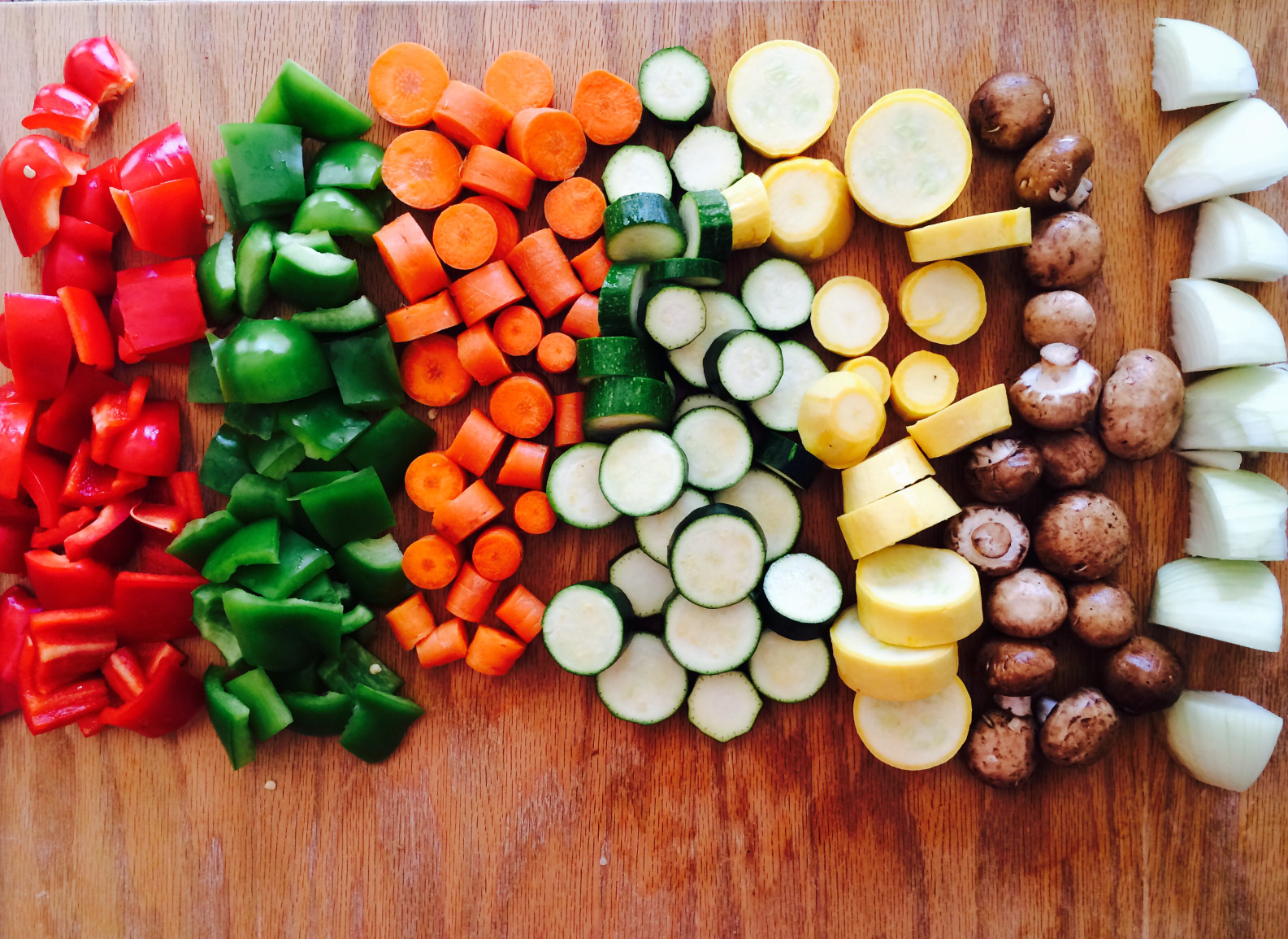“You are what you eat,” the saying goes – but most people don’t eat nearly enough of the foods that can naturally provide all of the nutrients they need. In fact, it is more popular in today’s society to take supplements to gain nutrition, rather than eating our food raw or whole. But there is no substitute for real food.
Food can not only sustain and nourish, but it can also heal your body. Vegetables are considered among the best foods you can put in your body, containing vitamins, minerals, fiber, and antioxidants. Given their low calories and high nutrient density, vegetables provide a powerhouse way to stay healthy.
Here are the vegetables you’ll want to keep in your kitchen.
Leafy Greens: Dark, leafy vegetables such as spinach, kale, chard, and collard greens are some of the healthiest varieties you can choose. Some, such as spinach, can be easily added to smoothies and recipes without overpowering their taste – while containing only seven calories and ample vitamin A, vitamin K, beta-carotene, vitamin C, lutein, and manganese. Kale is the “ultimate superfood,” providing vitamins A, C, and K and powerful antioxidants. Two cups of leafy greens are recommended per day, so try them all and explore the many different ways they can be incorporated into your diet. Expert Tip: If the greens are too overpowering for your taste, try the “baby” versions, which are typically more tender and sweet.
Cruciferous Vegetables: These potent vegetables contain sulfur compounds that have been clinically shown to protect against various chronic diseases. The most well-known cruciferous vegetable is broccoli, which provides a full day’s dose of vitamin K and vitamin C, folate, manganese, and potassium. Cauliflower is another vegetable in this group packed with nutrition, offering vitamin C, vitamin K, and fiber. Brussels sprouts include antioxidants, vitamins K, A, and C – and folate, manganese, and potassium. If you are looking for something different, pick up cabbage and fill up on antioxidants.
Carrots: These vegetables are favorites for many people for a good reason. They are sweet and crunchy and provide five times the recommended daily intake of vitamin A in the form of the antioxidant beta-carotene. They also deliver copious amounts of vitamin C, vitamin K, and potassium.
Celery: Celery’s high water and fiber content make it a perfect snack, especially paired with greek yogurt or peanut butter. But celery is also an unexpected source of nitrates and phytonutrients, including quercetin, a potent antioxidant that supports brain, immune, and heart health.
Onions: Allium vegetables contain organosulfur compounds that are packed with antioxidants. They also provide a delicious source of vitamin C, B6, and manganese – and they can be added to nearly any recipe. While picking up some onions, also try leeks, shallots, garlic, and scallions.
Sweet Potatoes: These bright orange vegetables have become prominent in many restaurants as an alternative to french fries. While frying vegetables is not the best way to prepare them, sweet potatoes will provide fiber, protein, an abundance of beta-carotene (vitamin A), and substantial doses of vitamins C and B6, potassium, and manganese.
Beets: Dietary nitrates positively affect circulation, and no vegetable delivers these nitrates more effectively than beets. These gorgeous red vegetables are also an excellent source of fiber – and don’t forget to utilize the beet greens, classified as nutritious green leafy vegetables.
Potatoes: Many people have shunned potatoes as empty calories, but they are actually nutrient-dense. The problem is not with these vegetables but how they are typically prepared – fried or loaded with sour cream and cheese. Try plain potatoes with light seasoning, and enjoy the nutrition.
While the above vegetables are some of our favorites, many others can boost your health. This summer, try incorporating alfalfa sprouts and artichokes, eggplant and green beans, mushrooms and peppers, or summer squash into your recipes.
Overall holistic health relies on good nutrition, and adding these vegetables to your diet can even help heal your body. For more information on how to naturally and holistic get healthy through nutrition, call for a consultation at Longevity Wellness Clinic today.



